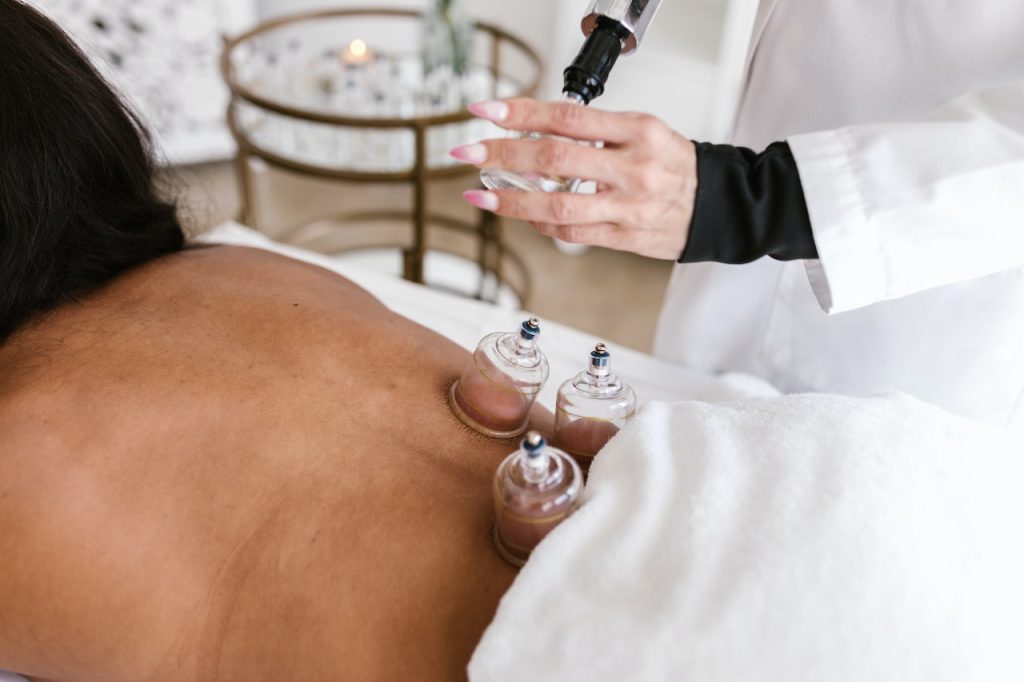How Well Do Acupuncture and Acupressure Help Cancer Patients to Sleep?

Acupuncture and acupressure (which stimulates pressure points without the invasive needles) have been suggested as ways to help reduce sleep disturbance in patients with cancer. A recent analysis published in Worldviews on Evidence-Based Nursing finds moderate evidence that acupressure and acupuncture may be effective, with acupressure having a greater effect.
Researchers included 24 randomised controlled trials involving 2002 patients in the analysis. Compared with enhanced supportive care, acupressure had the largest effect size for reducing self-reported sleep disturbance (standardised mean difference [SMD] = −2.67, 95% CrI: −3.46 to −1.90; GRADE = moderate), followed by acupuncture (SMD = −1.87, 95% CrI: −2.94 to −0.81, GRADE = moderate) and electroacupuncture (SMD = −1.60, 95% CrI: −3 to −0.21; GRADE = low).
Based on these findings, the researchers conclude that acupressure can be recommended as the optimal treatment for reducing sleep disturbance in cancer patients. They also suggest further trials to investigate the effects of different acupuncture or acupressure techniques have on sleep in cancer patients, especially alongside other therapies.
“Based on available evidence, acupressure may be a more promising approach than acupuncture for reducing sleep disturbance in patients with cancer,” said corresponding author Denise Shuk Ting Cheung, BNurs, PhD, RN, of the University of Hong Kong. “Future studies should focus on the differential mechanisms of action of acupressure and acupuncture and link them to the multifactorial causes of sleep disturbance in patients with cancer.”
Source: Wiley


